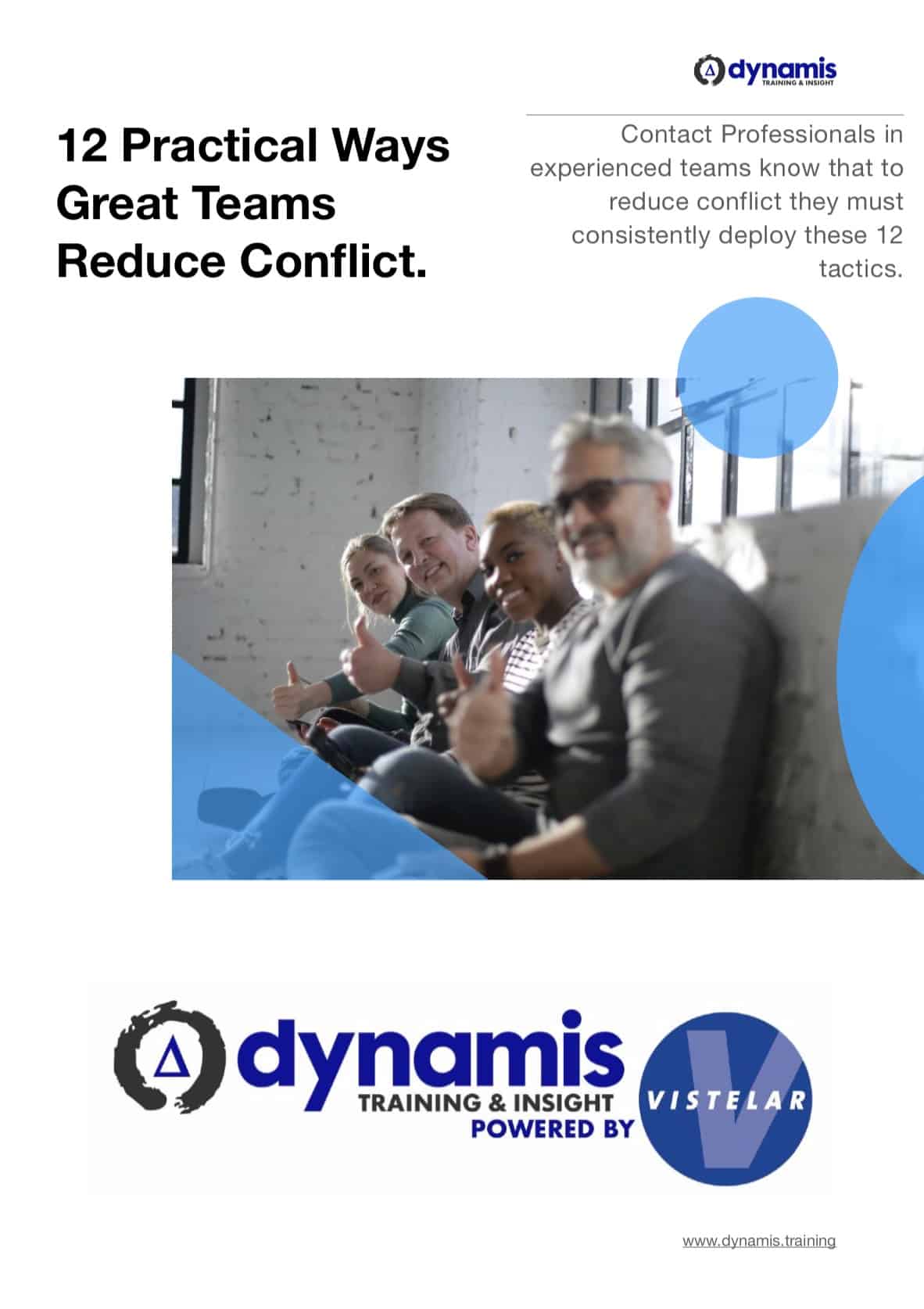Consistency is a hall-mark of world-class service in any domain where frontline staff and their public interact. So where can we look for consistency in interactions between healthcare staff and their clients, patients and service users?
As an example of this I want to highlight a point made by Fred Lee in his excellent book about the how hospitals should influence the patient experience:
I believe hospital scripts should teach all hospital workers how to enter a hospital room and engage the patient. …they should: (1) Greet the patient by name and introduce themselves with a cheerful greeting. (2) Comment on anything special in the room like flowers or pictures of family. (3) Meet any other people that are in the room. (4) Ask if there is anything else they need or need explained. (5) Empathize with any expressions of feeling. (6) Ask how they want the door left (open, closed, or partially open). (7) Remember conversations from each day to build on over the duration of the patient’s stay.
Now, most people who value their own sense of creativity absolutely HATE the idea of scripting interactions, so instead let’s call them pre-practiced verbalisations, and understand them as models for how interactions begin, not how they end.
People feel like preparing for these moments and having certain things to say will make their day-to-day work with clients and patients and their relatives feel stiff, lifeless or without compassion.
What is important is that the process that builds these pre-practiced verbalisations is based on a compassionate, respectful and empathy-fuelled exploration of what the patient needs.
If a Conflict Resolution training template or pre-practiced verbalisation is built this way, focussing on showing the patient respect, communicating concern for their dignity at all times and opening a courteous channel for communication, then the resulting words are likely to be comfortable and will feel delightful to use.
The second crucial thing about learning and rehearsing pre-practiced verbalisations in Conflict Resolution training is that they provide excellent go-to structures that a person can rely on as a guide when the pressure is on.
Real professionalism is a balanced mixture of processing hard-earned technical information at high speed while carefully giving attention to flashes of inspiration. Most professionals have a solid bedrock of fundamental knowledge, skills and competence which is guided by insight and creativity. Conflict Resolution training should enable the use of both types of application.
This is why Conflict Resolution training fundamentals are important and why pre-practiced verbalisations can be so useful for professionals who are learning to communicate under pressure.
As Doug Lemov and his co-writers say in their excellent book “Practice Perfect”:
“Drilling creates a foundation on which individual initiative and imagination can flourish. You can’t do higher-level work if you are wasting brain-power on the basics.”
Care staff and clinicians would be well-advised to drill the fundamentals, so that in difficult situations they can free their minds to be creative when it matters most. Conflict Resolution training provides a great vehicle for this drilling and practice.
Let’s listen to Doug Lemov and co. again:
Customer service representatives who are trained to be calm with angry customers don’t get any less frustrated in an adversarial situation; rather, they have normalized an emotionally constant response by practicing it. They do it without thinking, and this is exactly the point: the best way to get employees to behave calmly in the face of difficulty is not to ask them to consciously choose to exude calm during tense calls; it is, rather, to practice being calm in tense situations over and over so that it happens automatically.
Conflict Resolution training could in fact identify specific pre-practiced verbalisations as well-thought-through responses to common scenarios which are likely to happen, such as:
- the initial contact a staff member has with a patient
- entering a patient’s room to carry out a clinical or activity task
- beginning an invasive procedure
Great Conflict Resolution training, then, could make sure that learners can practice these verbalisations so that they begin to perform them unconsciously, which releases all the power of their brain to focus on the patient’s needs.
For reference, one only needs to look at Kate Grainger’s “Hello my name is” campaign and the reasons why she felt the need for it, so see how sometimes, under the pressure of clinical procedures and a focus on outcomes, the patient experience can be lost. Her story further highlights the impact that the ‘small things’ that people say or do can have.
Great Conflict Resolution training could help NHS staff by thinking about the foreseeable interactions in which there may be violence or aggression and then giving staff well-thought-through verbalisations to help them.
—-
Gerard O’Dea provides tailored Conflict Resolution training courses for NHS, hospital and healthcare services where people are treated with dignity and shown respect, even in their most difficult moments. Combining respectful verbalisation skills with last-resort restraint alternatives for personal safety has been his specialty for over ten years as director of training for Dynamis www.dynamis.training/conflict-management
GP Surgery and Pharmacy Conflict Training
Conflict Management in Hospital Settings with VDI
Conflict in the Emergency Department: Communicating across cultures


